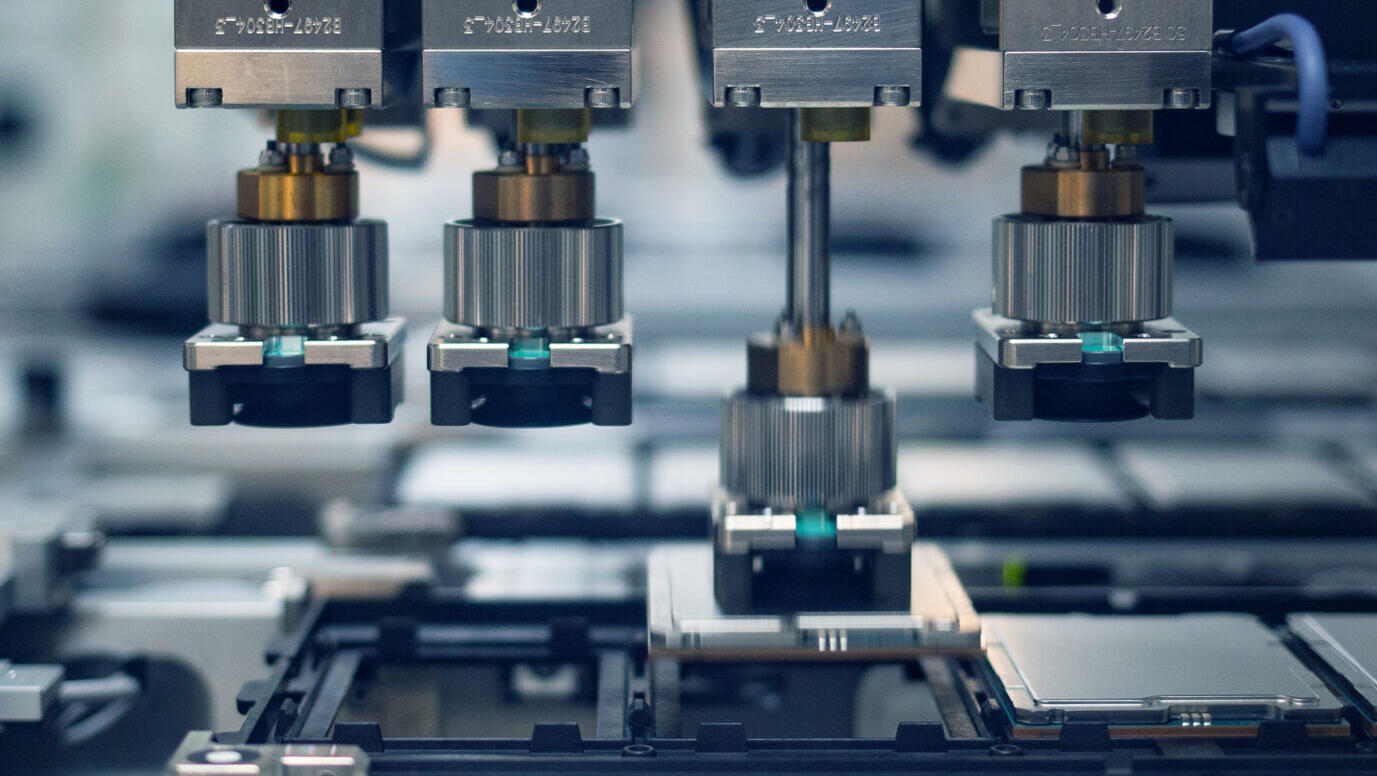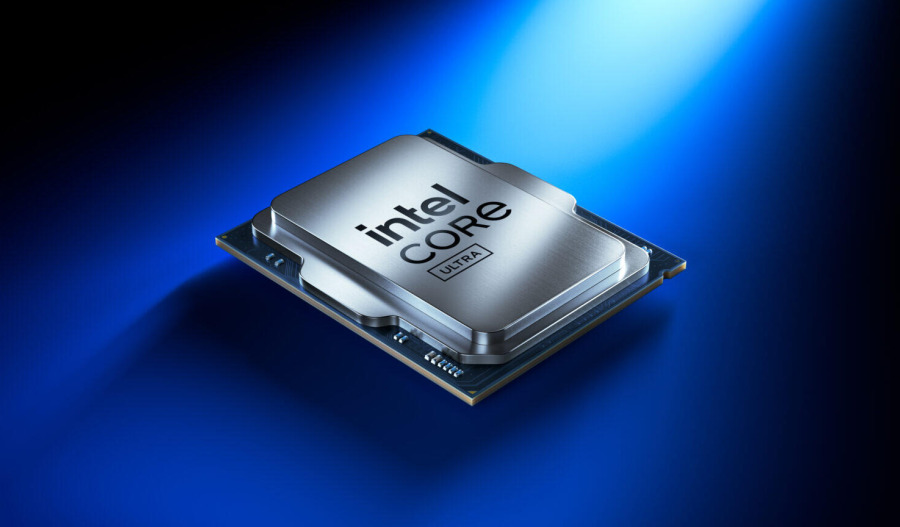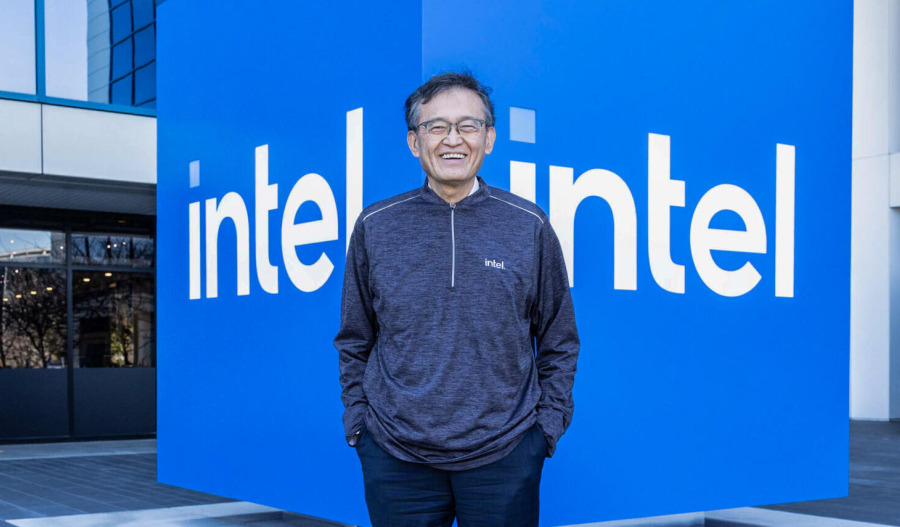Intel shares surged as much as 7% on Wednesday after reports emerged that the chipmaker is in early-stage discussions with AMD to manufacture chips at its struggling foundry business.
The discussions, reported by Semafor and CNBC, remain preliminary and may not result in a deal - both companies declined to comment.
Intel closed up 5.5% during Wall Street trade, extending year-to-date gains to a whopping 77%, while AMD finished the session up just over 1%.
AMD currently has its chips made primarily by Taiwan's TSMC, while Intel lacks the technology to manufacture AMD's most advanced, profitable processors – meaning any initial arrangement would likely involve less sophisticated products.
Major customer hunt
For Intel's foundry business, which has been actively seeking major clients, landing AMD represents a substantial win.
According to Intel's July 2025 10-Q filing, Intel Foundry Services has been "unsuccessful to date" in attracting external demand, generating just US$50 million in revenues from outside buyers year-to-date.
The division posted an operating loss of $3.17 billion in Q2 on sales of $4.42 billion, up 3.2% year-on-year - the loss was exacerbated by a $800 million impairment charge for equipment.
An AMD agreement would also signal that the firm trusts its primary x86 processor rival enough to hand over manufacturing.
Quite remarkable, given the decades of head-to-head competition in the PC and server markets - though not so suprising given the flurry of tie-ups between tech giants seeking to galvanise leading positions within AI lately.
"Intel's effort to lure in outside customers is the key to the turnaround story," Creative Strategies CEO Ben Bajarin said.
"Unfortunately, it's an unanswered question, because this is a two-to-three-year journey before we have any inkling of knowing that this is working."
Investment parade
The discussions come as Intel has secured backing from the White House, Nvidia (US$5 billion), SoftBank (US$2 billion), and is pursuing investment from Apple.
Intel's new CEO, Lip-Bu Tan, has been championing the foundry push as part of the turnaround strategy under Intel Foundry Services.
Major US tech players have been diverting at least some manufacturing for less-advanced semiconductors towards Intel's domestic fabs, following the Trump administration's preference for establishing a homegrown chip-making champion.
The administration has emphasised reshoring critical manufacturing and reducing reliance on Taiwan amid ongoing geopolitical tensions.
China factor and a tech gap
AMD has compelling business reasons to maintain good relations with Washington.
The company's China business selling chips copped export restrictions earlier this year, costing an estimated US$800 million annually - though Trump recently loosened some of that red tape.
Intel's fabs are widely considered inferior to TSMC's, which commands over 60% of the global foundry market.
TSMC is miles ahead of its competitors in contract manufacturing, with Intel attempting to close the gap through its 18A process technology - however, the chipmaker has yet to name major external buyers committed to using it.
Intel says it has four "large" clients signed up for 18A production, and so far, only Microsoft has publicly committed to using Intel's services for a custom computing chip.
Whether AMD becomes one of those anchor clients, and how much production volume might shift to Intel, is unclear at this early stage.
It's also unclear whether any potential agreement includes a direct investment by AMD, similar to arrangements struck by other tech giants with Intel's foundry operation.



